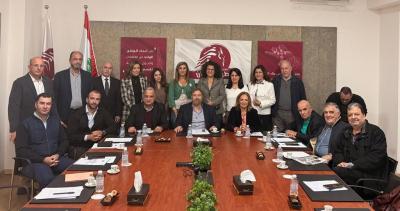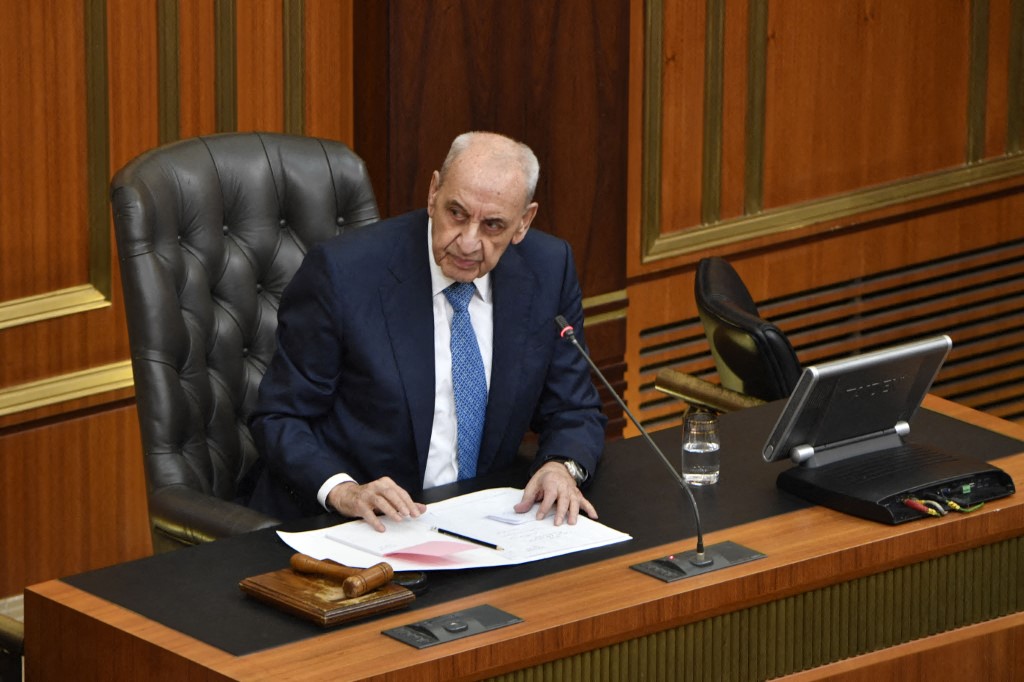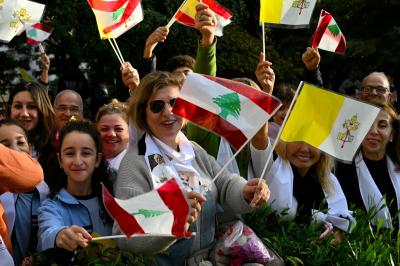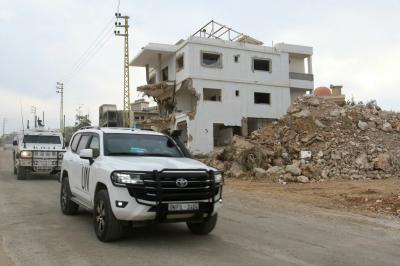Two days after Lebanon’s parliamentary accountability sessions with the government—sessions whose outcomes were largely predictable—one major political development stood out: the emergence of a clear parliamentary majority calling for the disarmament of "Hezbollah". Whether through the direct use of the term “disarmament” or more nuanced phrases like “surrender,” “withdrawal,” “collection,” or “limitation” of weapons, the message was unified. These are semantic variations that converge on the same objective, differing only in rhetorical dressing.
What’s notable is that Speaker of Parliament Nabih Berri allowed this discussion to take place publicly, fully aware that most parliamentary blocs—including independents, reformists, and even segments of the opposition—share a common view: disarming "Hezbollah" is an essential prerequisite for rebuilding the Lebanese state and regaining Arab and international trust.
Observers suggest that Berri deliberately placed "Hezbollah"’s weapons on the table of parliamentary scrutiny, either as a signal or a veiled recommendation to the hardliners within the party’s leadership. This move comes after his own frustrations with their inflexible stance on the U.S. peace initiative presented by envoy Thomas Barrack. The group’s rigid demands and preconditions for Lebanon’s presidential troika and its advisory committee, particularly their rejection of any timeline for disarmament, appear to have put to test even Berri’s patience.
Ashura commemorations further highlighted these tensions. Unprecedented criticism was directed at the Amal Movement and Berri himself—often referred to as "Hezbollah"’s “older brother”—for allegedly showing leniency toward Barrack’s proposal and even entertaining the notion of "Hezbollah" surrendering its arms. Meanwhile, Shiite intellectuals, journalists, and activists who speak out face escalating threats and intimidation.
Many analysts have compared Berri’s positioning on the weapons issue to that of Walid Jumblatt’s approach to the spiraling violence and arms race in Syria’s Sweida region—favoring pragmatism, de-escalation, and reaffirming the centrality of the state in both cases.
Within Lebanon’s Shiite and Druze communities, cooler heads appear to be working to steer their sects away from a trajectory dictated by clashing regional and international agendas. Among the Shiite intelligentsia, a growing number now see "Hezbollah"’s intransigence as isolating the community—geographically, militarily, politically, and socially—within a suffocating triangle bordered by Israel, Syria, and an increasingly unified Lebanese majority.
There is a growing conviction among these voices that "Hezbollah"’s arms have failed to protect, and its finances have failed to build. Only the state, they argue, can provide genuine protection and reconstruction—through exclusive control of weapons, decision-making authority, and financial channels supported by Arab and international donors.
The recent decision by Lebanon’s Central Bank to ban dealings with "Hezbollah"’s financial arm, al-Qard al-Hassan, is seen as part of a broader strategy to dismantle the organization’s tripartite foundation: weapons, financing, and its allegiance to Iran’s doctrine of velayat-e faqih (rule of the jurist).
Moderate Shiite thinkers also recognize a shifting regional landscape: the era of armed militias is drawing to a close. From the Kurdish PKK and southern Syrian factions to Iraq’s Popular Mobilization Forces and, eventually, Yemen’s Houthis, the arc of history now bends toward state sovereignty. Even Iran and its Revolutionary Guard are facing limitations they did not encounter during their regional ascendance two decades ago.
Yes, extremist groups continue to operate in parts of Syria, posing a threat to religious and social minorities. But these factions are increasingly constrained and, over time, will likely be neutralized as state authority is bolstered through coordinated U.S., European, and Arab efforts.
For any minority to pin its survival solely on arms—while antagonizing its surroundings and clinging to imagined supernatural support—is a dangerous illusion. History teaches that the entities most prone to extinction are those that rely purely on brute force and fail to adapt to their environment.
"Hezbollah"’s insistence on presenting itself as a self-sufficient armed entity—a shield against Israel in the south, extremists in the east and north, and political opponents at home—is a narrative that has already crumbled in southern Lebanon. It is likely to collapse in other areas as well.
The time has come to abandon this reliance on illegitimate weapons as a path to survival, legitimacy, or national stability. The only true guarantor of protection and development is the Lebanese state.
There is hope that the strong political and public message delivered by Lebanon’s parliament might prompt "Hezbollah" to listen—to heed the counsel of wise voices within the Shiite community, just as other sects have confronted their own hard truths.
Imagine, for a moment, the future of these minority groups—those that stake their fate on weapons, alienate their neighbors, and wait for salvation from forces beyond reality.
History is clear: survival belongs not to those who cling to a naked power, but to those who adapt to their natural and political environments.
Please post your comments on:
[email protected]
 Politics
Politics













